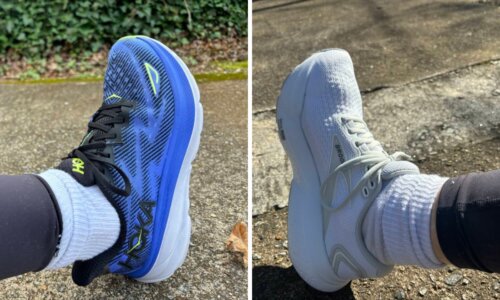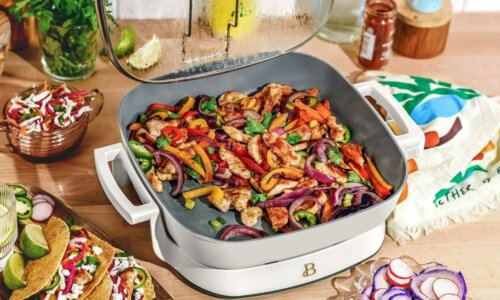Most of us grew up being taught to put money away for a rainy day, but as we know, saving is not always easy—and it’s certainly not always possible.
Over the past couple years, Bankrate has delved into how Americans contend with unexpected spending. When there’s an emergency, do we reach for our credit cards? Cut back spending in other areas? What’s the financial game plan here?
Minor emergencies that cost us some extra cash happen unexpectedly all of the time. You have to get a car part fixed, for example, or an unexpected medical expense arises—but are most Americans storing away a little cash every month to save for a “just in case” scenario? Bankrate’s data, collected via survey, says not so much.
Bankrate commissioned Princeton Survey Research Associates to conduct a survey on the matter back in 2015, interviewing 1,000 people over the course of 10 days.
“The survey shows that a very significant minority of American households apparently don’t have the resources to pay for an unexpected expense of around $1,000,” Stephen Brobeck, executive director of the Consumer Federation of America told Bankrate.
In fact, as Forbes pointed out, the 2015 survey showed only 37 percent of Americans have enough to pay for a $500 or $1,000 emergency.
Bankrate collected some new emergency spending data at the start of 2017 and found that 41 percent of Americans would rely on savings in the case of an emergency or unexpected cost arising. The 2017 survey didn’t ask respondents to specify how deep their coffers are these days, however, so it’s unclear as to just how much an average American family would be able to pay.
As for the 59 percent of Americans who don’t have savings to fall back on, they would have to either cut back spending, borrow or charge it on their credit card. The survey found that three out of five Americans had a major unexpected expense in the last year.
The 2017 survey asked respondents how they cut back when they need to save money. It found that 37 percent of Americans said they were very or somewhat likely to cut back on alcohol in order to save, and 44 percent said they’d cut back on coffee purchases.
If you’re serious about saving, try starting small with these small habits that’ll help you save money. You can also try buying only essentials for a certain time period in order to save some cash. Need some inspiration? One woman bought only essentials for a year and saved $27,000. Not too shabby, right?
[h/t: Forbes]








